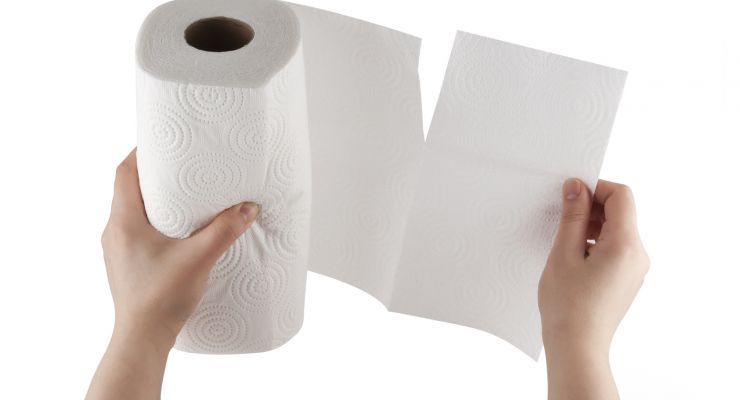Washing your hands is always a good idea, but did you know that drying them is also a good idea? In fact, drying your hands is equally as important as washing them. How often do you wash your hands after using the bathroom only to walk out and wring them in the air? Not a good idea. Damp hands can actually spread 1000 times more bacteria than dry hands. Yuck!
According to a study from the University of Bradford published in the Journal of Applied Microbiology, not drying hands after you wash them increases the spread of bacteria:
The degree of wetness of hands appears to greatly influence bacterial transfer and dissemination to surfaces and items touched. This probably occurs not only because of the physical aspects of moisture droplets transferring between one surface and another but also because the bacteria may be maintained in a physiological state that makes them better able to survive in the new environment.
According to the study author, Anna Snelling, “Good hand hygiene should include drying hands thoroughly and not just washing,”
Researchers also tested which type of hand drying is best. According to the study, using good ol’ fashioned paper to dry your hands is the best method. This was followed by the new type of Airblade jet dryers and traditional air dryers last. One of the issues with drying your hands under air is that it pulls out valuable moisture. Another concern is that many people rub their hands under these dryers and when they do they actually bring bacteria that is embedded in the skin to the surface.
How to properly wash your hands
According to the U.S. Centers for Disease Control and Prevention, there is a proper way to wash your hands that will result in eliminating the most bacteria:
- Wet your hands with running water and apply soap.
- Make a lather by rubbing your hands together. Scrub your hands for at least 20 seconds.
- Do not forget to wash your wrists, back of your hands, between your fingers, and under your fingernails.
- Rinse all parts of your hands well under running water.
- Dry your hands thoroughly.
Dangers of hand sanitizers
You may think that applying a good blob of hand sanitizer on your hands after washing will get them spanky clean but using alcohol-based sanitizers can actually do more harm than good. These products often contain fragrance and may dry your hands. Non-alcohol based sanitizers are often made with triclosan or triclocarban.
The U.S. Food and Drug Administration says that there may be unnecessary risks associated with triclosan. Recent studies have also raised questions about whether or not triclosan could be hazardous to human health.

